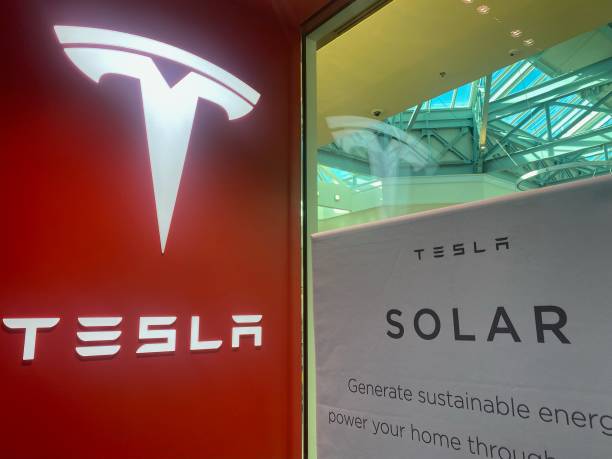In recent years, the Irish automotive market has witnessed a significant shift towards electric vehicles (EVs), driven by government incentives, environmental awareness, and advancements in EV technology. However, a concerning trend has emerged: many of Ireland’s most notable car dealerships are hesitant to accept EVs as trade-ins. This reluctance is not merely a matter of preference but is rooted in several practical and economic challenges that dealerships face.
1. High Depreciation Rates of EVs
One of the primary concerns for dealerships is the rapid depreciation of EVs. Unlike traditional internal combustion engine (ICE) vehicles, EVs often experience a steeper decline in value, primarily due to:
- Battery Degradation: The performance and range of an EV are closely tied to its battery health. As batteries age, their capacity diminishes, leading to reduced driving range and potential concerns for future owners.
- Technological Advancements: The fast-paced evolution of EV technology means that newer models with better range and features are frequently introduced, making older models less attractive to buyers.
- Government Incentives: Subsidies and grants for new EV purchases can make used EVs less appealing, as the price difference between new and used models narrows.
Dealerships, aiming to maintain profitability, may find it challenging to offer competitive trade-in values for EVs, especially when considering the potential costs of refurbishing or reselling them.
2. Limited Consumer Demand for Used EVs
Despite the growing interest in EVs, the second-hand market in Ireland remains relatively underdeveloped. Factors contributing to this include:
- Charging Infrastructure: A significant number of potential EV owners lack access to home charging facilities, making the transition to electric vehicles less feasible.
- Range Anxiety: Concerns about the driving range of older EV models can deter buyers from considering used EVs.
- Maintenance Costs: Potential buyers may be wary of the costs associated with maintaining and repairing EVs, especially if the vehicle is out of warranty.
This limited demand makes it less attractive for dealerships to accept EVs as trade-ins, as they may struggle to sell them promptly or at a profitable margin.
3. Warranty and Service Concerns
EVs often come with manufacturer warranties that are tied to specific conditions, such as servicing at authorized centers. Dealerships may be hesitant to accept trade-ins if:
- Warranty Expiry: The vehicle is approaching or has surpassed its warranty period, increasing the risk of costly repairs.
- Service History: Incomplete or non-authorized service records can raise concerns about the vehicle’s maintenance and potential future issues.
These factors can complicate the resale process for dealerships, leading to reluctance in accepting EVs as trade-ins.
4. Market Volatility and Uncertainty
The EV market in Ireland is still evolving, and dealerships may be cautious due to:
- Fluctuating Incentives: Changes in government grants and subsidies can impact the affordability and attractiveness of EVs.
- Consumer Perception: Public perception of EVs, influenced by factors like battery life and charging convenience, can affect demand.
- Technological Obsolescence: Rapid advancements in EV technology can make older models seem outdated, reducing their resale value.
This volatility can make dealerships hesitant to invest in used EVs, fearing potential financial losses.
Conclusion
The reluctance of Irish dealerships to accept EVs as trade-ins is a multifaceted issue influenced by depreciation rates, limited consumer demand, warranty concerns, and market volatility. As the EV market matures and infrastructure improves, it is hoped that these challenges will be addressed, leading to a more robust second-hand EV market in Ireland.
For more insights into the evolving EV market in Ireland, visit Greenora.









